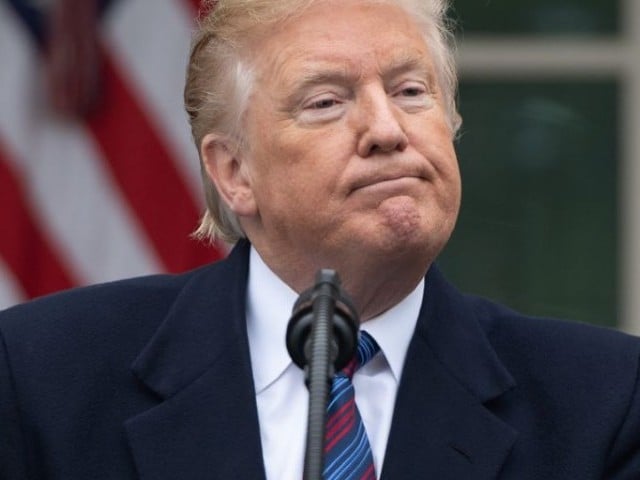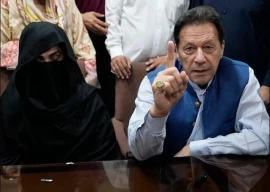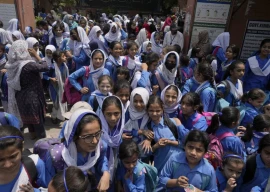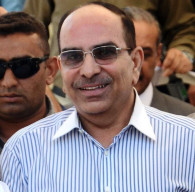
Pakistan anticipates 'tough times' ahead under Donald Trump's 2.0 presidency as internal assessment points to potential roadblocks in the bilateral relationship, sources familiar with the development told The Express Tribune on Sunday.
They said that Pakistan's assessment was based on (a) priorities of Trump and (b) number of cabinet members who did not have a positive view of Islamabad. Much focus is on Richard Grenell, Trump's special envoy, for his public outbursts against Pakistan.
However, there are other players occupying key positions within the new administration who also needed to be watched out for, according to the sources. "There are no more people inside the White House symphathetic towards Pakistan," commented a well-placed source.
With Islamabad no longer a priority for the US, the sources said, the Pakistani mission in Washington is struggling to make inroads in the power corridors there. Although outgoing US Ambassador Donald Blome portrayed a rosy picture of the bilateral relationship during President Biden's term, the sources added that the Pakistani mission had limited access to the outgoing administration.
This can be judged from the fact that President Biden never spoke to any of the Pakistani prime ministers during his four-year term. Similarly, there were no high-level visits from the US during that period. Even US Secretary of State Antony Blinken, who has travelled to the region, including India, on many occasions, has never made a stopover in Islamabad.
Only weeks before Biden's term expired, his senior aide made a stunning claim that Pakistan's long-range missile programme was a threat to the US. Islamabad squarely rejected the assertion and expressed surprise over the US assessment given the fact that Washington knew Pakistan's missile programme was only India-centric.
However, a member of a Washington-based think tank believed that the statement of the US deputy national security adviser was not surprising as many within policy circles viewed Pakistan with suspicion.
Speaking on condition of anonymity, the think tank member was of the opinion that one of the reasons behind the US reaching this conclusion was that Pakistan, during the war against terrorism, had hurt Washington's interests.
While the Biden administration kept the relationship with Pakistan at a certain level, it did help Islamabad secure bailout packages from the International Monetary Fund (IMF). That cooperation could change, feared the Pakistani sources, who thought the Trump administration might not look at Islamabad more favourably.
The potential lifeline in this scenario for Pakistan could be Saudi Arabia, which enjoyed close ties with president-elect Trump. Some sources felt that Saudi Crown Prince Mohammed bin Salman could be Pakistan's best option if the Trump administration resorted to any adverse moves.


1736750329-0/Untitled-design-(37)1736750329-0-165x106.webp)

1736748956-0/Untitled-design-(35)1736748956-0-165x106.webp)



















COMMENTS
Comments are moderated and generally will be posted if they are on-topic and not abusive.
For more information, please see our Comments FAQ